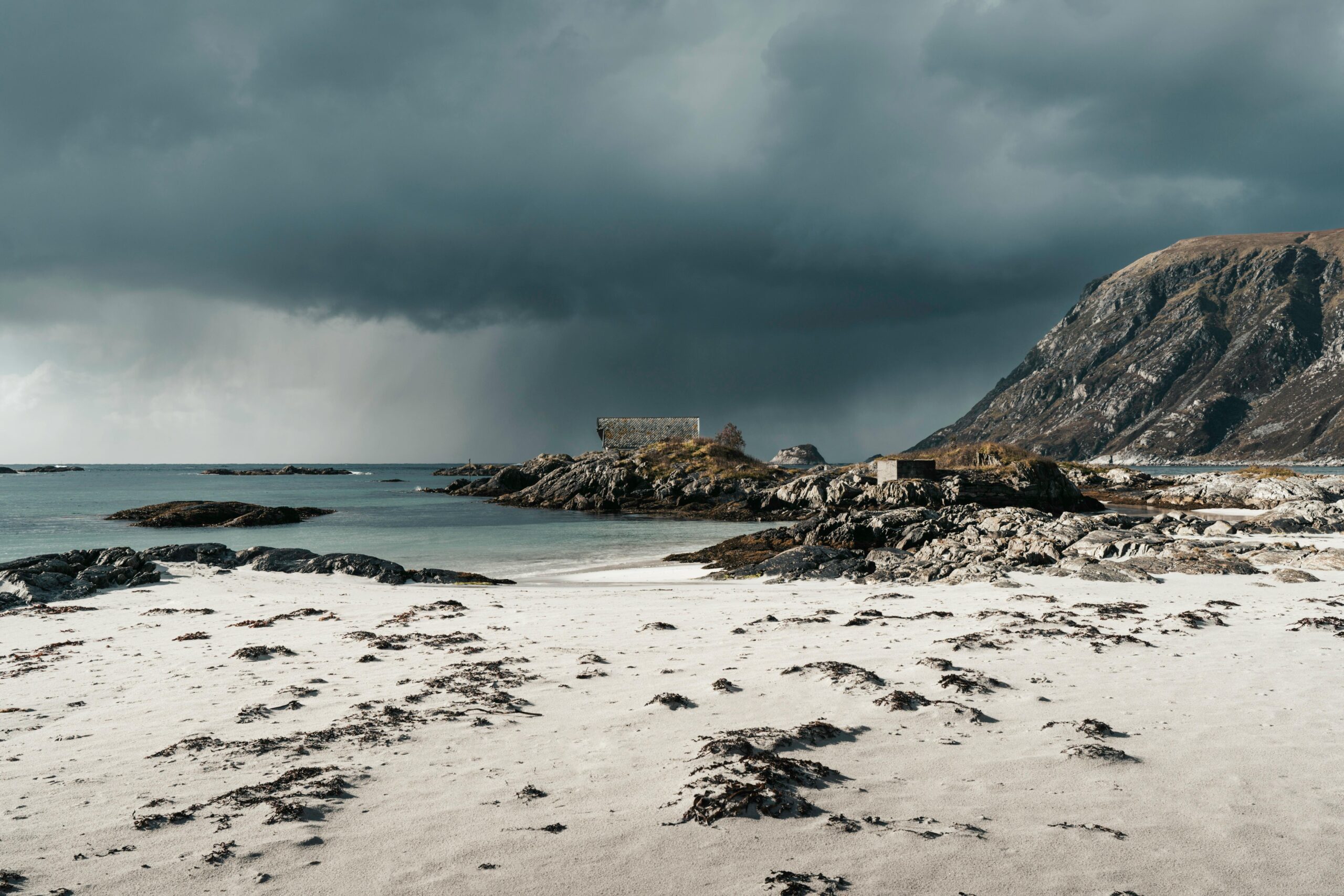Spending time in nature can improve our health and well-being. A 1984 study found that hospital patients with a view of trees healed faster and needed less pain medication than those with a view of a brick wall. This highlights the importance of “nature connectedness”, a personal bond with nature that affects our mind, body, and relationships.
The idea comes from the “biophilia hypothesis” which says humans have a natural desire to connect with living things. Activities like gardening, hiking, and caring for pets show this connection. Studies reveal that people with strong nature bonds experience better mental health, social well-being, and mindfulness. They are also more likely to pursue personal growth and less likely to chase materialistic goals like money or fame.
Spending time in nature can trigger meaningful experiences, like awe and wonder, which change how people see life and encourage pro-environmental behavior. Unexpected nature moments — like spotting wildlife — can bring deep emotional responses and a sense of belonging.
To boost nature connectedness, spend more time outside and notice nature’s beauty. By doing so, we gain a deeper appreciation of the world around us. Nature isn’t just outside us — it’s part of us.
Nature is not just a beautiful landscape; it is essential for our survival. It provides us with the air we breathe, the food we eat, and influences our well-being. However, nature is under threat, with over half of our plant and animal species in decline. Understanding and preserving nature is crucial for our future.
Urbanization and technology have distanced people from nature. Many feel disconnected from the natural world, which affects our ability to appreciate and care for it. Studies show that spending time in nature reduces stress, improves mood, and boosts physical health. Nature provides a calming escape from the demands of modern life, encouraging exercise and enhancing mental clarity.
Beyond personal benefits, nature plays a vital role in maintaining a balanced ecosystem. Trees filter the air, bees help grow our food, and wetlands control floods and purify water. Biodiversity is crucial for medicine, agriculture, and ecological stability, yet it is threatened by deforestation, pollution and climate change.
These environmental threats have severe consequences. Forests, oceans, and species are at risk, and climate change is causing unpredictable weather and natural disasters. Protecting nature is not just an environment responsibility; it is essential for our survival and well-being.





